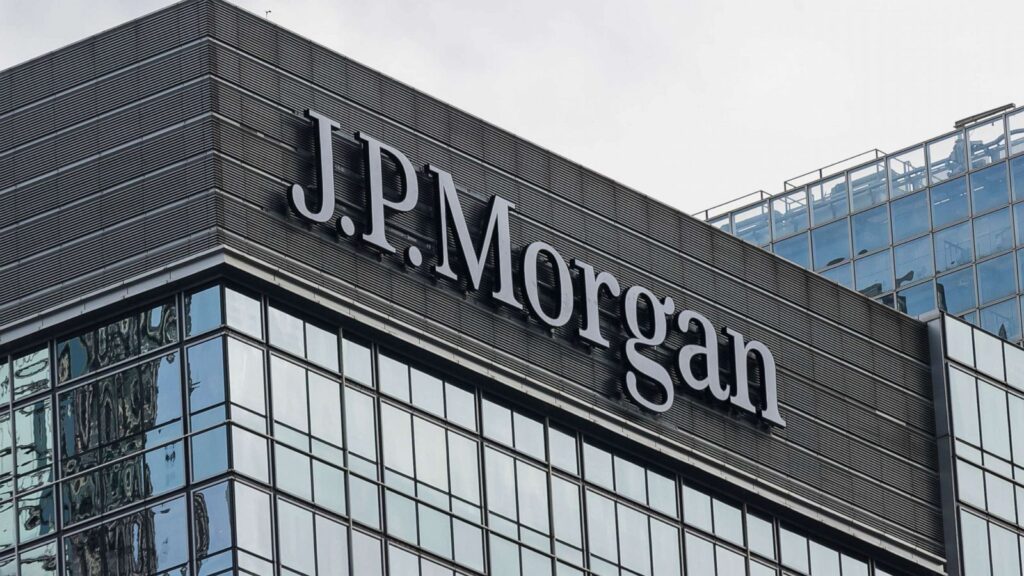Nine months after a whistleblower accused JPMorgan Chase of misreporting trading data to reduce regulatory capital requirements, the allegations continue to fuel debate over federal oversight of the nation’s largest banks.
The ongoing controversy has intensified calls from lawmakers for stricter enforcement of post-2008 financial crisis regulations, particularly as the Federal Reserve faces leadership changes under the Trump administration.
Sen. Elizabeth Warren, D-Mass., has maintained pressure on regulators since the initial allegations surfaced, arguing that inconsistent supervision threatens economic stability. The whistleblower’s claims, first reported in August 2023, alleged JPMorgan had been underreporting trading activity since 2016, potentially freeing up $7.5 billion in required capital reserves annually.
“The Fed’s continued silence on these serious allegations raises fundamental questions about regulatory enforcement,” Warren said in a recent statement. “American taxpayers deserve to know whether our biggest banks are playing by the rules designed to prevent another financial crisis.”
The allegations center on how JPMorgan reports trading positions to regulators. Federal Reserve rules require banks to report trading values without offsetting long and short positions — a practice known as “netting” that can make trading activity appear smaller than it actually is.
According to the whistleblower’s account, JPMorgan has been netting positions within the same legal entity, effectively understating its risk profile and reducing capital requirements by approximately half a percentage point.
The practice, if confirmed, could have generated additional net income exceeding $2 billion annually and influenced executive compensation tied to bank performance. JPMorgan CEO Jamie Dimon received $34.5 million in 2023, with $30 million directly linked to the bank’s financial results.
JPMorgan has consistently denied wrongdoing, stating it “fully complies with all capital regulations” and maintains transparency with regulators. The bank has not detailed its specific reporting methodology.
The Federal Reserve has not publicly addressed whether it permits the reporting interpretation described by the whistleblower. The central bank has pointed to higher capital requirements for large U.S. banks compared to international standards, but has not clarified its enforcement position.
Graham Steele, former Treasury assistant secretary for financial institutions, said the lack of regulatory clarity remains concerning. “Nine months later, we still don’t have definitive answers about whether these practices are sanctioned or whether enforcement action is warranted.”
The controversy has gained renewed significance following Michael Barr’s resignation as the Fed’s head of supervision earlier this month, ahead of the Trump administration’s return to power.
Banking industry experts note that similar reporting practices may extend beyond JPMorgan, potentially affecting how multiple large institutions calculate required capital reserves under international Basel Committee standards.
The ongoing uncertainty has renewed focus on banking regulation enforcement as policymakers prepare for potential changes in federal oversight approaches.


